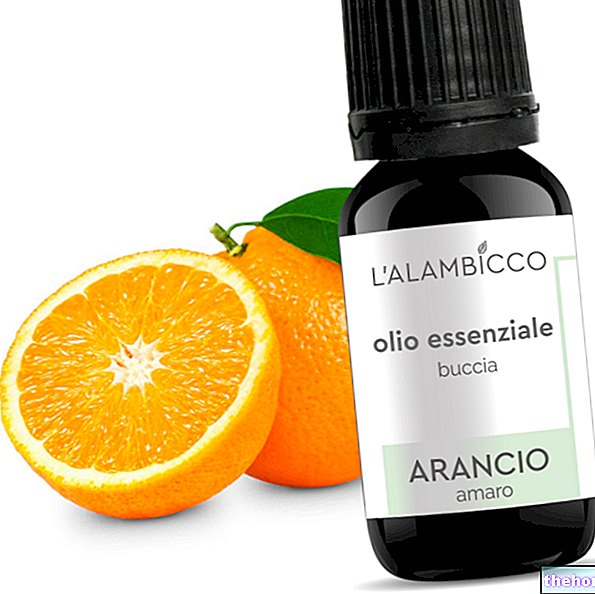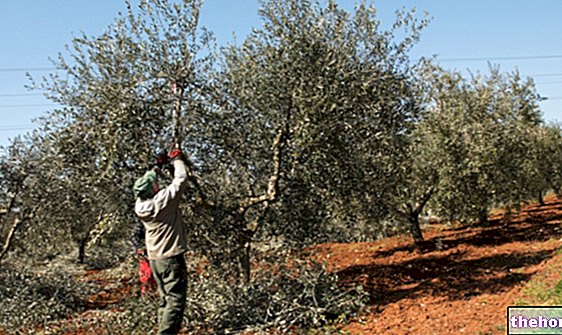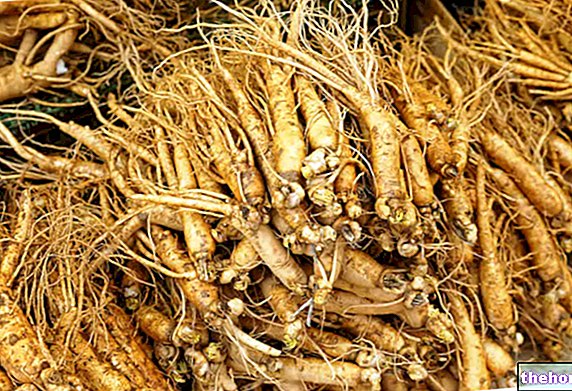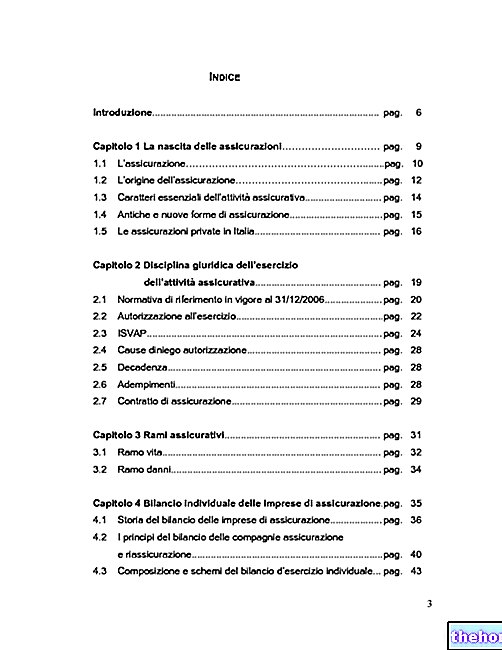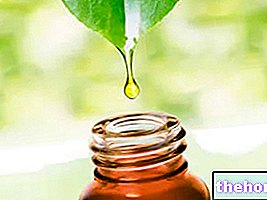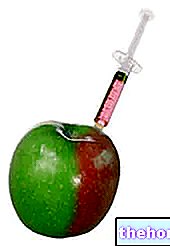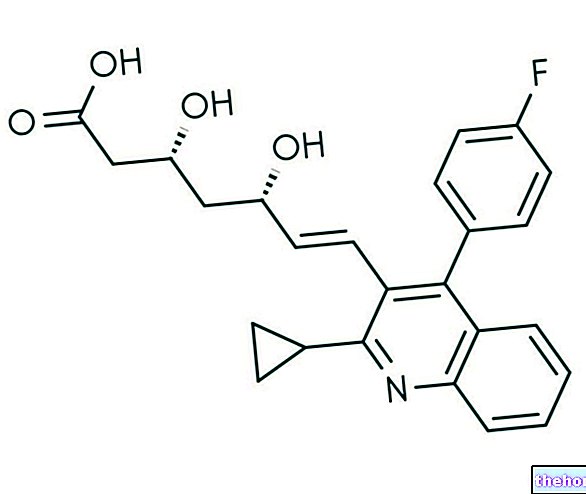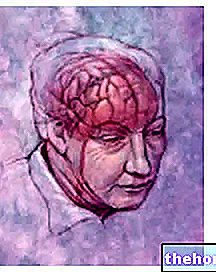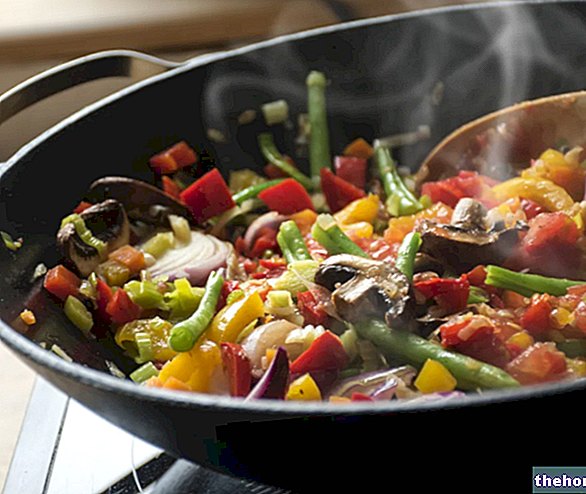By BIOTRANSFORMATION we mean the in vitro use of the enzymatic patrimony of a certain plant organism, or not, to transform a molecule into something with pharmaceutical potential. In other words, a molecule is added to the in vitro culture of a microorganism, which must be transformed; this molecule will be metabolized by the culture through oxidation, glycosylation, hydroxylation and other stereotically defined processes, to obtain a biotransformed active ingredient not obtainable by chemical synthesis. This biotransformed active ingredient will be used in the pharmaceutical field with greater efficacy and fewer contraindications .
By BIOMASS production we mean the production of large quantities of cells in response to a market demand. An example is given by the pivotal drug of Chinese herbal medicine, the Panax ginseng, widely and massively used as a medicinal plant in western and eastern countries. For this huge market demand, some Chinese pharmaceutical multinationals have created in vitro cultures of panax ginseng, which produce a quantity of ginsenosides (active ingredients of ginseng), which once freeze-dried can be used as food supplements with added value. The in vitro production of ginsenosides is accompanied by the obtaining of ginseng in the form of drugs and active ingredients from nature and crops.
Agronomic improvement means the use of discoveries made in vitro to strengthen the productivity of traditional crops, the first source of supply of active ingredients. The in vitro study can be very valid for selecting at an agronomic level those plant species that produce active ingredients in high quantity and quality.
Other articles on "Biotechnology: the concept of biotransformation and biomass"
- Biotechnology: choice of explant and culture medium
- Pharmacognosy
- Biotechnology and agronomic improvement


